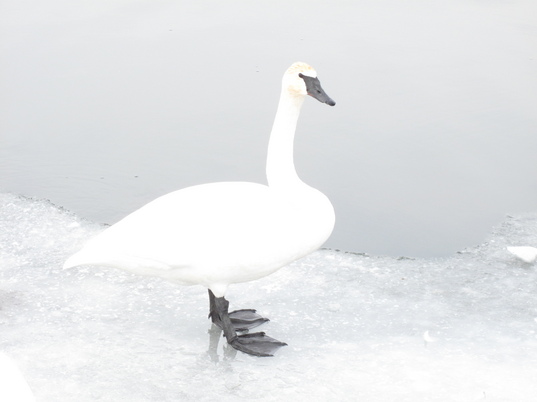What I've learned from hospice patients and their families

"In the depth of winter, I finally learned that there was within me an invincible summer." — Albert Camus
Dennis Sparks/Contributor
When asked on NPR’s “Morning Edition” about the enduring popularity of his 30-year-old best-selling book, When Bad Things Happen to Good People, Rabbi Harold Kushner responded, "I feel just a little bit conflicted about the fact that it continues to resonate, because it means there are more people confronting new problems of suffering. There's always a fresh supply of grieving people asking, 'Where was God when I needed him most?'"
It’s only human to avoid human suffering whenever possible, so when I tell people that I am a hospice volunteer, they often say, “Why would you do that?” or, “I couldn’t do it, but I admire you for spending your time that way.”
I’ve known for some time that, when the time was right, I wanted to be a hospice volunteer, a desire dating back to the hospice care my father received in the mid-1990s. I also had a deeper, more substantial motivation — an awareness that I’m going to die someday, and that hospice volunteering would be an opportunity to learn whatever I could about approaching my final days with peace and dignity.
I make a practice of telling people that I volunteer at a hospice because I’ve found that there is a great deal of misunderstanding about hospice care and other end-of-life issues. And when I talk about my volunteering, more often than not it opens up a discussion about death and dying, a conversation that some people tell me they haven’t yet had with family members or other important individuals in their lives.
Conversations of substance
I’ve never been comfortable with “small talk,” although the many social events I’ve attended in my work have helped me be more skillful at it, so I’ve deeply appreciated and been enriched by the substantial conversations I’ve had with people about end-of-life issues.
Through these talks I’ve learned that some people who regard themselves as good planners have not yet made plans for one of the few certainties in their lives — that they will not be here forever. I’ve also learned that some people are unaware that hospices provide emotional support and spiritual comfort to patients and family members as well as palliative care in the last few hours or days of life. In addition, I’ve learned that some people see hospices as a slippery slope that speeds one’s way toward death rather than as a means to improve the quality of life in its final weeks and months and, in some cases, to extend its length beyond what would be achieved through more aggressive medical intervention.
But the most important things I’ve learned have been from hospice patients and their families. They have taught me about resilience in the face of adversity and uncertainty. They have taught me about the value and meaning of important end-of-life conversations for both the dying person and for his or her loved ones. They have taught me about the dignity one human being can offer another and about the power of the love offered by family and friends until life’s final moments and beyond.
It is not, however, the suffering and grieving that instructs me or offers lessons to all of us. Anne Morrow Lindbergh describes it this way in Hour of Gold, Hour of Lead: “I do not believe that sheer suffering teaches. If suffering alone taught, all the world would be wise, since everyone suffers. To suffering must be added mourning, understanding, patience, love, openness and the willingness to remain vulnerable.” Those are all qualities I hope to cultivate, and hospice volunteering supports me in that journey.
Dennis Sparks’ “Things Observed” essays and photos encourage readers to see familiar things in new ways. You can also read his blog on school leadership and contact him at dennis.sparks@comcast.net.

